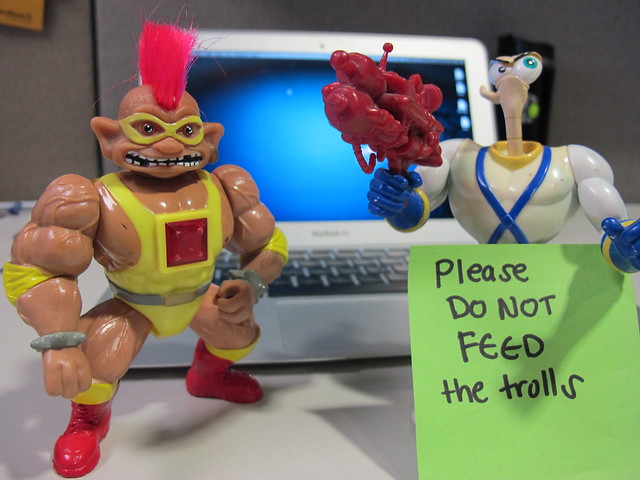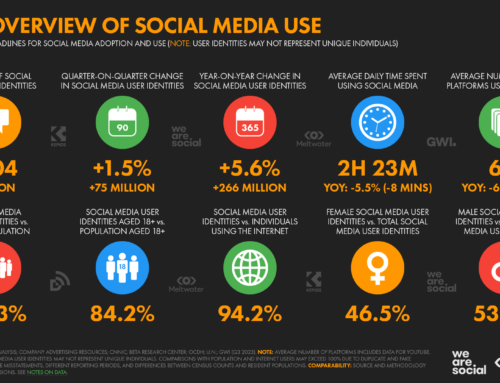
Flickr Creative Commons photo by Serra Boten.
One of my clients recently celebrated a big victory.
After months of talking about his desire to get an opinion piece published in The Chronicle of Philanthropy, he achieved his goal.
He put together a timely and thoughtful piece about a controversial issue — a piece that challenged conventional wisdom about a complex topic and showcased his experience and expertise. The Chronicle’s editors loved the piece and posted it online.
Soon after it appeared, the client received a flood of positive responses, an invitation to speak at a conference, and a nice bump in new registrants to his email list.
But this victory carried a sour aftertaste.
Underneath the piece, in the comments section, several commenters who disagreed with his opinion took personal shots at the author... a few commenters even called the author names.
Overall, the client was thrilled with the placement.
But the spiteful, negative comments still stung.
Looking back, I should have prepared him for the fact that he might get some negative comments.
After all, online comments are part of the cost of doing business in today’s media world. Even when you post to a seemingly friendly venue, anonymous commenters are often ready to pounce.
So how should you react if you’re the subject to name calling or trolling online?
Should you fire back? Ask the news outlet that posted your piece to disable the comments? Stop sharing the link with your followers?
My experience shows that the answer to all of these questions is likely to be no.
While negative comments can hurt and can sometimes be damaging, they are also part what you sign up for when you publish written or video content online.
And if you have something important to say, you don’t want to let those who disagree with you or the trolls who love to lurk in the comments to win the day.
Instead, be bold.
But you’ll also be well equipped for the trolls by keeping the following tips in mind:
1. Be ready for dissent. When we write an op-ed or a blog post, we tend to put so much of our time and focus on writing the piece and providing a compelling argument that we assume that everyone is going to applaud. But just because you know you’re on the right side of history with your opinion, there are invariably going to be people who disagree. And some of them will want to challenge you. Prepare yourself ahead of time for that fact. This will prevent you from being caught by surprise if negative comments start popping up.
2. Have a conversation. Some commenters who seek to challenge or question your opinion are worthy of a response. If you believe that a commenter is capable of having a thoughtful conversation, don’t be afraid to engage. Thank them for posting their comment and sharing their opinion. Acknowledge their point. And then either provide additional information or invite them to continue the conversation with you — either publicly or via email.
3. Don’t argue. It’s important to remember that starting an argument does you no good. Even if you strongly disagree with a commenter or feel as though he or she is morally wrong, you gain little by firing back with insults or name calling. It cheapens your argument and will do little to win people over. If you can’t say anything nice, then just thank them for the comment and leave it at that.
4. Avoid feeding the trolls. Some folks who comment on news articles and social media aren’t worth the response. If someone appears to be trolling you with a comment — goading you to get into an argument or look foolish — disregard it and move on. It’s not worth the time or trouble.
5. Report abuse. As a rule of thumb, you want to avoid removing comments from your website and social media accounts, since it shows that you have a thin skin or are trying to stifle dissenting views. The same is true for comments that are on third-party sites. But there are exceptions. If someone is being truly abusive, you can feel comfortable removing their comments — or asking the moderator to do so.
Have you had to deal with negative commenters? What’s been your strategy? I’d love to hear what’s worked for you.






